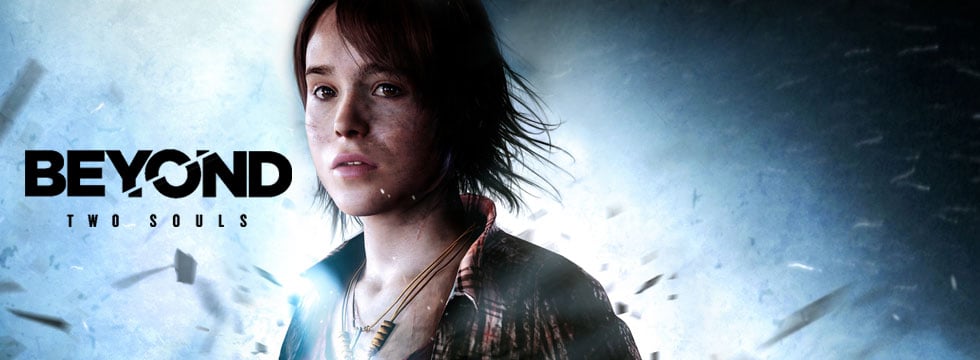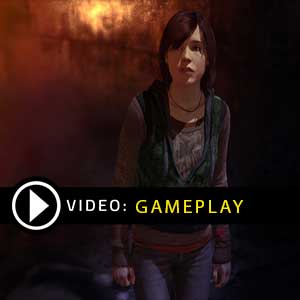

"Slowly, the pieces of the puzzle come together, but it's not something that I told you. Hundreds of people have play-tested Beyond, and Cage said that in the beginning they're lost. He wants players to understand the narrative and bond with Jodi, and thinks the best way to do that is to place the events of her life in non-chronological order, from the age of 8 to 23. For example, the Beyond Touch controller app is an effort to endear more casual players to Beyond. Telling this complex story out of order can appear counterintuitive to Cage's goal to make the story accessible to as many people as possible. He thinks Jodi is "his thing," Cage said. Aiden can impact the physical world with invisible force powers, and he is protective of Jodi as she grows from a young girl to a young woman. The game covers 15 years of Jodi Holmes' life with the spiritual entity, Aiden, attached to her, and this ghostly peculiarity leads to a life trapped in high-tech science labs and thrown into violent situations. Whatever happens after death, it probably won't come at an expected time, since Beyond's story is told out of order. "Actually, it's one of the big discoveries – one of the big mysteries in the game is to discover what's on the other side. "It's a game about death, so you can imagine that death plays a role in all of this," Cage said. This raises a question that humankind has asked itself for eons: What happens when we die? In at least one of these scenarios, a path can lead to Jodi's death. Players who "fail" the train scene won't see the rooftop battle, but those who "beat" it won't experience the escape narrative. In Beyond, players are given an alternate story path, this time where Jodi is locked in a train car with the officers standing guard, and she has to escape. "Failing" this scene means the cops capture Jodi before she has a chance to bolt, and in the standard video game design scheme, this would mean cut, fade to black and try again. Jodi is able to circumvent the officers and run away, leading to an intense standoff on the roof of the speeding train. In one scene, two police officers hunt down Jodi, the protagonist, on a moving passenger train.

Instead, Cage said he focused on giving consequences to failures without hindering the narrative.

But in a story-driven experience it doesn't make any sense." "It's like creating an artificial loop saying, 'You didn't play the game the way I wanted you to play, so now you're punished and you're going to come back and play it again until you do what I want you to do.' In an action game, I can get that – why not? It's all about skills. "I've always felt that 'game over' is a state of failure more for the game designer than from the player," Cage told me at Gamescom. There is no "game over" in Beyond: Two Souls – the screen never fades to black, there's no inspirational quote in sight, and, most importantly to creator David Cage, the story doesn't come to a complete stop.


 0 kommentar(er)
0 kommentar(er)
